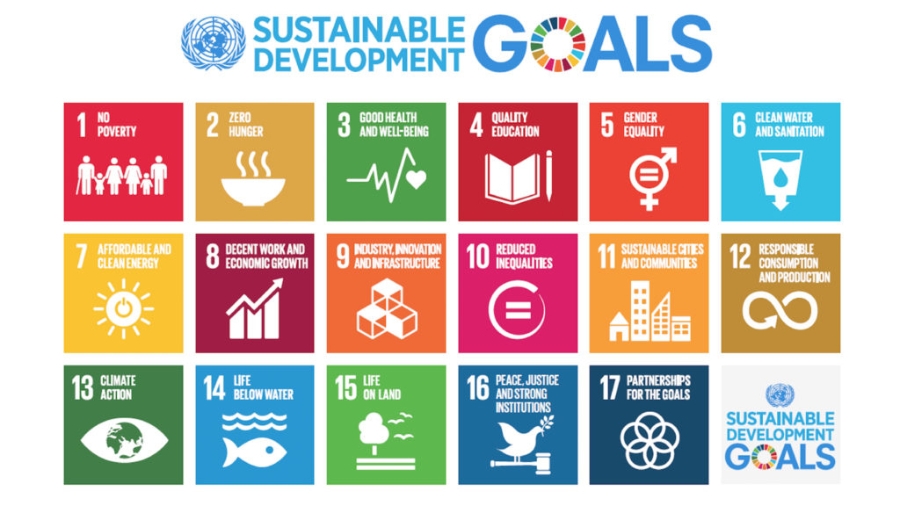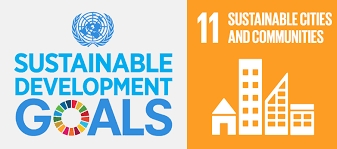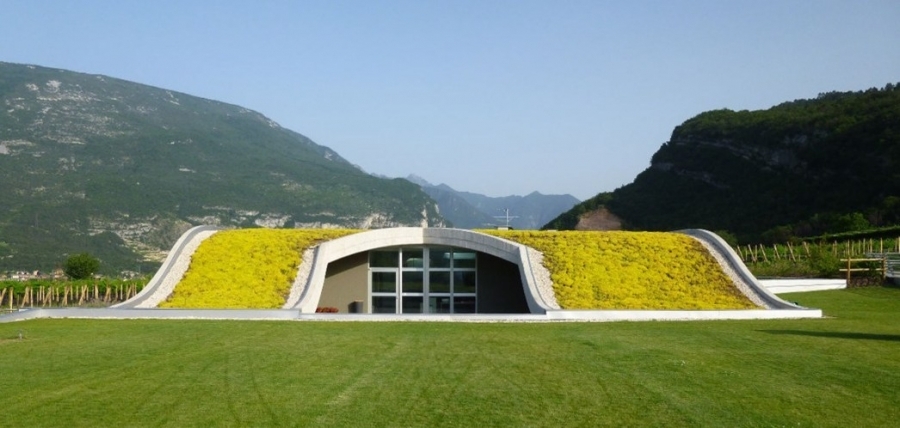
The importance of sustainability within the construction business
As stated by the Intergovernmental Panel on Climate Change (IPCC) in 2013, “It is extremely likely that human influence has been the dominant cause of the observed warming since the mid-20th century” (IPCC, Climate Change 2013). The increase in the temperature of the Earth's climate system, documented for more than a century, is a reality which requires a paradigm shift in construction business. Climate Change and the environmental problems that it entails are a priority on the United Nations agenda, as well as in the decisions of many countries that see how the costs of this environmental crisis causes health problems, extreme natural phenomena or the destruction of ecosystems and species. Those issues worry society increasingly, which has begun to develop an widespread ecological awareness.
In the last decade, global initiatives such as the Paris Agreement (2015), which establish measures for the reduction of Greenhouse Gases, or the Sustainable Development Goals, SDG (2015-2030), have been implemented. In the report published by the IPCC in October 2018, it warns of the possibility of global warming rising to 1.5ºC between 2030 and 2050, if the world follows the current pace of greenhouse gas emissions, which would breach the objective of the Paris Agreement to fall below 1.5 in 2100. The same organization warns that a transition "unprecedented" and "powerful" is necessary to meet the objectives set.
This is why the importance of sustainability within the construction business has been increasing dramatically during the last decades and, as some research studies point out, an increased emphasis must be placed on the processes and competencies required to deliver high-performance building. Currently, many researchers focus on understanding different aspects of delivering green-building projects in order to minimize waste, maximize value, and reduce cost. During the last years several research studies analyzed different project management issues related to green-building developments. Their main goal is to optimize the project management process for developing green-building projects focusing on different aspects, such as, counterfactual analysis, LEAN processes, piloting evaluation metrics.
As Sylvain Lenfle points out in a recent study, “the links between studies devoted to project management and innovation management are complex and marked by a relative lack of communication between the two fields”. Moreover, during the last years project management practice has evolved into a business process and got detached from the practical aspects of the job tasks. The scope of this research is to develop a practical comparison between projects with different levels of integration for the development of green-building tasks.
The concept of sustainability has been standardized internationally through the implementation of different protocols but the majority of the research studies have been developed on the basis of common project management processes that refer to the United States construction industry. Recently, sustainability has become a key aspect of the construction field and this includes also project management. However, despite their demonstrated benefits, green buildings are not yet perceived as attractive projects because most people associate green features with expensive technologies that add cost.







